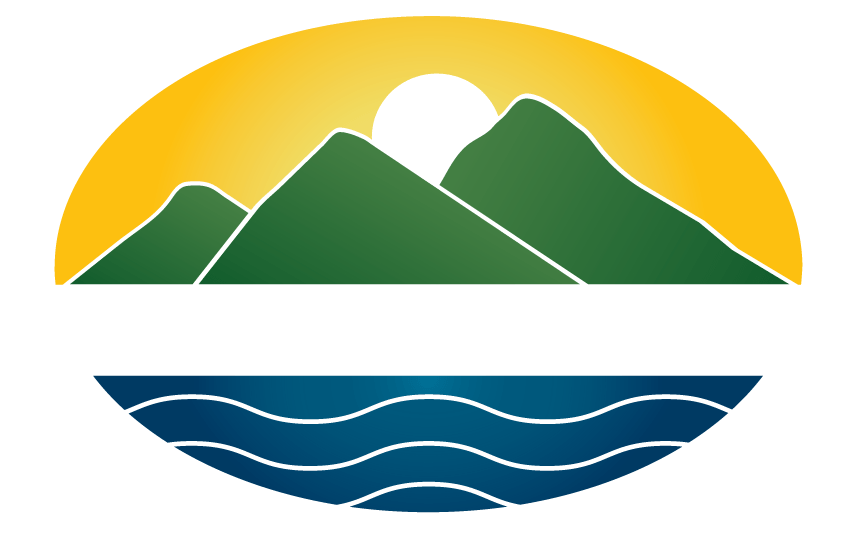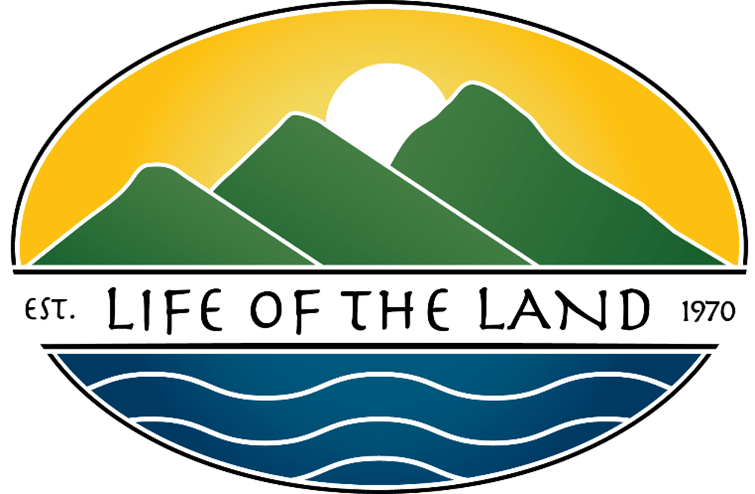Life of the Land will celebrate its 55th anniversary in February. Mahalo for those who have supported our efforts. We need your continued support. Life of the Land is a 501(c)3 charitable organization. Donations are tax-deductible.
Energy
The Public Utilities Commission (PUC) made it clear; no one is allowed to intervene in six (6) critical proceedings. This includes dockets examining wildfires, rolling blackouts and red flag warnings on the five islands where HECO provides electricity, and in designing the new request for proposal for renewable energy projects. Life of the Land was laying the groundworks to file legal appeals in these proceedings.
Late yesterday, the PUC indicated they might let us into one of the six proceedings, but the window to intervene would be just for Life of the Land. The PUC wants first to hear from HECO and the Consumer Advocate. This is a bad policy. A window to intervene should be open to all stakeholders.
The PUC opened a proceeding called “PUC-HECO-IR-1 to -16,” in January and renamed it the “Investigation Regarding Hawaiian Electric and 2023 Fires” this past September. The public is not permitted to participate in the proceeding.
The ban on intervention also includes a gas company docket on their long-range decarbonization goals.
Attorney Diego Rivera filed a legal brief to the PUC on behalf of Life of the Land noting that there are no laws, rules, regulations, or court decisions that allow the Commission to preemptively block all motions to intervene. In fact, the opposite is true. The state constitution, laws, and court decisions all support citizen participation.
Hawaiian Electric and the Commission are working together on framing the next Request for Proposal for renewable energy projects. There are several controversial topics in the draft RFP: wildfire mitigation, biofuel provisions, community compensation packages for hosting renewable energy projects, renewable energy zones, non-public evaluation of bids, equity, and special compensation for military projects.
The Commission is colluding with HECO while banning intervention by other stakeholders. We will stop the unlawful practice of banning intervention.
Climate Change
The Hawaii Supreme Court issued a decision last year: “With each year, the impacts of climate change amplify and the chances to mitigate dwindle… The reality is that yesterday’s good enough has become today’s unacceptable.”
Hawaii is not on track to meet its 2030 interim greenhouse gas goals.
Life of the Land filed a document with the PUC alerting them to the true meaning of a state law. HRS § 225P-5: “[A] statewide target is hereby established to sequester more atmospheric carbon and greenhouse gases than emitted within the State as quickly as practicable, but no later than 2045.”
The PUC has ignored the first part and simply requires a plan to decarbonize by 2045, which the utilities interpret as, achieve what reductions you want until 2044 and then implement a sudden transformation.
Toxics
Military Restoration Advisory Boards (RABs) are an interface between the military and the public. Their role is to advise the military on clean-up priorities and to keep the public informed.
Life of the Land`s Executive Director served as Community Co-Chair of the Hickam Air Force Base RAB from 1998-2006 when the underground fuel storage annexes in Wahiawa and Waipio and the pipeline to Hickam was shut down and cleaned out. Four billion gallons of jet fuel were unaccounted for. The Air Force asserted that they may be sinking into the ground, evaporated, stolen or exist due to bad accounting.
Life of the Land `s Executive Director currently serves as Community Co-Chair of the Joint Base Pearl Harbor, Hickam, Kalaeloa RAB. It is critical that Pearl Harbor is cleaned up to protect human health and ecosystems. The base is contaminated with heavy metals, PFAS (forever chemicals), pesticides, jet fuel, and other pollutants. PFAS contamination at Red Hill is within the jurisdiction but not Red Hill decommissioning of its fuel tanks and the oil spills.
We are monitoring lead contamination at Iroquois Point. The community of `Ewa has been challenging the Navy on the lead contamination from their shooting range in Pu`uloa, right in the midst of a residential community. They are upset with the testing that shows very high levels of lead contamination in their water, which the Navy has been denying. Active military ranges are outside of the RAB jurisdiction so other approaches are needed to address the issue.
Life of the Land successfully pressed the Navy to provide electronic documents on their PFAS (forever chemicals) testing. PFAS contamination is being detected throughout Hawai`i. PFAS are linked to a wide range of health risks. There are thousands of PFAS chemicals used to keep food from sticking to packaging or cookware, make clothes and carpets resistant to stains, make fire fighting clothes fireproof, and create firefighting foam that is more effective. The EPA has established drinking water standards for a few PFAS.
Equity & Justice
We can not pit communities against each other in the drive to make Hawai`i more sustainable, nor should we shift climate change devastation on future generations. Life of the Land is involved in several community and regulatory efforts aimed at making sure that governmental policies do not dump undesired projects onto environmental justice communities.
Life of the Land Needs Your Continued Support
Life of the Land is a watchdog monitoring fossil fuels, climate change, and its regulation. Upcoming issues include HECO`s proposal for securitization legislation to provide assurances to renewable energy companies that HECO will remain solvent, the Governor`s proposal to start importing fracked liquefied natural gas (LNG), the Navy`s ongoing toxics problem, climate change, environmental justice, intergenerational equity, and HECO`s proposal to buy all biofuel needed to provide fuel for third party generators.

